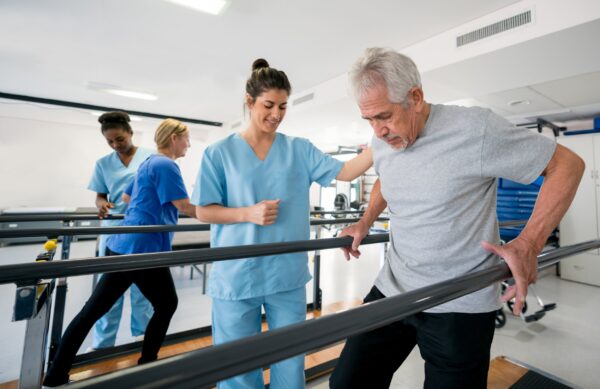Recovering from a stroke can be a long and challenging journey, but incorporating regular exercise can significantly support your physical and emotional healing. If you or someone you care for is living with the effects of a stroke, the National Disability Insurance Scheme (NDIS) may provide funding for holistic care, including exercise-based rehabilitation.
What is Stroke?
A stroke occurs when blood flow to the brain is interrupted, leading to potential brain damage. This can result in various physical, cognitive, and emotional challenges. Recovery from a stroke may involve a complicated management plan, but one of the most effective ways to aid this recovery is through exercise.
Common Effects of Stroke
The impact of a stroke varies widely amongst individuals, depending on the severity and location of the brain injury. Here are some common challenges stroke survivors may face:
| Physical Impairments | Many experience weakness or paralysis on one side of the body (hemiplegia), affecting balance, coordination, and daily activities. |
| Cognitive Challenges | Stroke can cause difficulties with memory, problem-solving, and communication. Some individuals may experience aphasia, which makes it difficult to speak or understand language. |
| Emotional Changes | Survivors often deal with emotional challenges, such as depression, anxiety, or sudden mood swings, which can be linked to the brain injury or the stress of adjusting to new limitations. |
| Social Isolation | The combination of physical, cognitive, and emotional challenges can make it hard for survivors to stay socially active with family and friends, sometimes leading to feelings of isolation or loneliness. |


